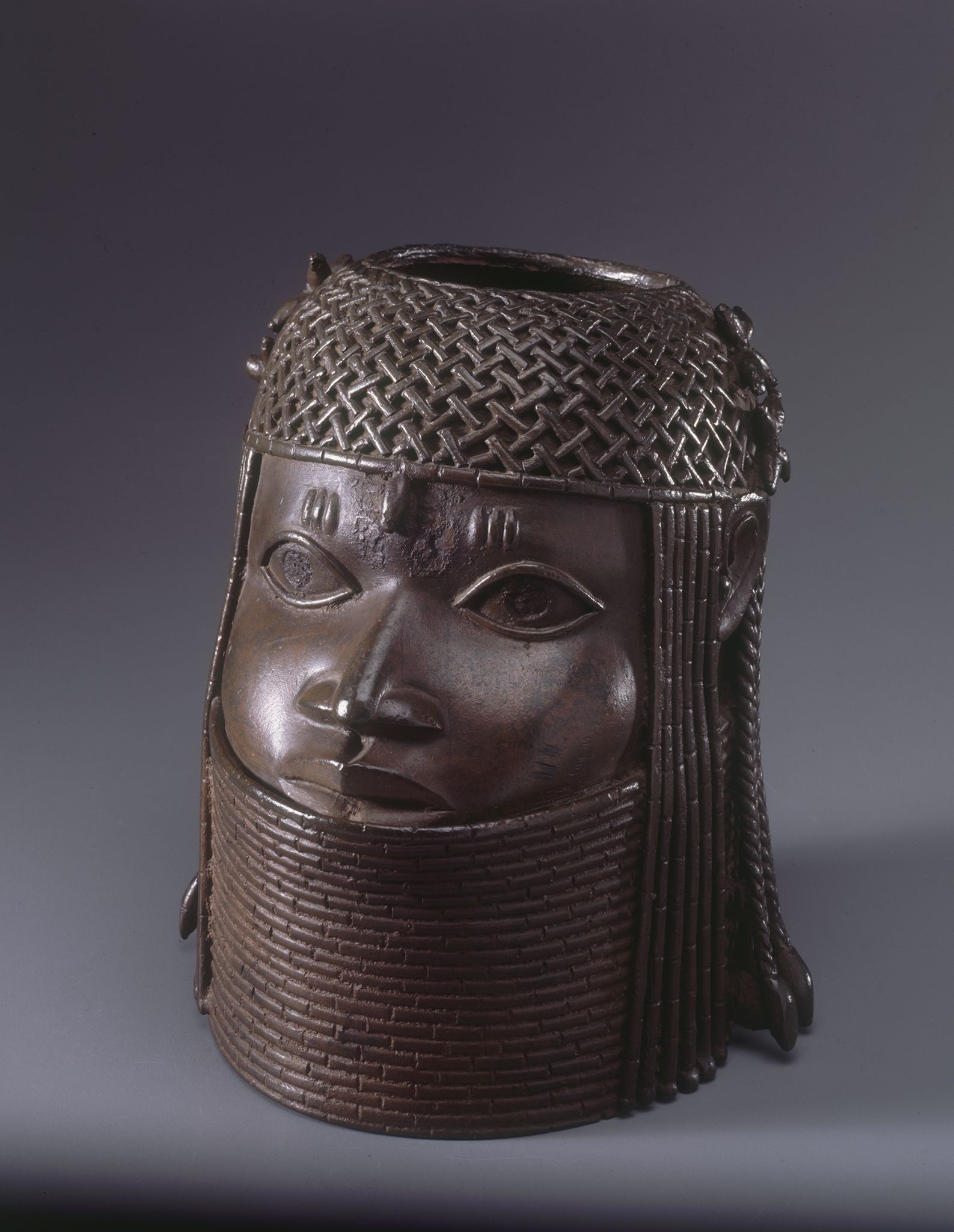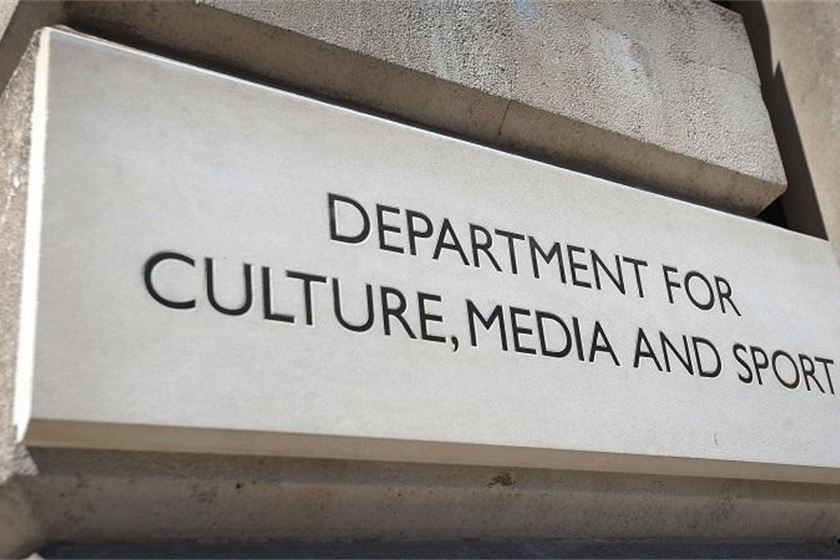Cultural Restitution
SHARE ARTICLE
Committees in Great Britain and France will consider how each country should deal with requests for returning cultural property. But France starts ahead of Britain in attempts to reach a legal solution.
France’s Committee on Culture, Education and Communication will meet on December 15 to examine a bill, tabled by Catherine Morin-Desailly along with Max Brisson, Pierre Ouzoulias and 23 other members of the French Senate, to define a lasting legal framework for dealing with the circulation and return of cultural property now in French public collections.
Despite the French President’s much-heralded announcements on cultural co-operation with Africa and the eventual return this month of 27 looted objects to Senegal and the Republic of Benin, France has lagged other European countries in devising and implementing a policy for cultural restitution.
The proposed bill envisages the setting up of an independent scientific commission ("Conseil national de reflexion sur la circulation et le retour des biens extra-europeens"), which would comprise twelve members, including "at least" one historian, one art historian, one ethnologist and one legal expert appointed by the culture and research ministers. Their biggest challenge will be to supplant the French principle of inalienability with a new law that ensures scientific, ethical and legal considerations replacing arbitrary acts of parliament. Without a way to circumvent or remove the principle of inalienability, every artefact that a French public collection might wish to repatriate still requires the passage of a separate law. Clearly, this is an impractical and unsustainable option if returning cultural property really is a priority for the President of France.
Catherine Morin-Desailly, a member of the French Senate, set out to learn from the legal process adopted when the Senate approved the bill to repatriate the 27 looted artefacts to Senegal and Benin in November 2020. The new bill she and other members of the Senate have tabled is understood to build on that experience and will seek to remove the need for separate legislation each time a future request is made for an artefact’s repatriation.
Whether the bill can succeed will be clearer after the Committee has met and scrutinised the bill on December 15. It's chances of success are not great in the near term (further time for reflection may improve its chances). Either way, it's unlikely the bill will be presented to the full Senate before next spring's legislative elections.
At least the French have taken their first steps towards finding a legal solution. Britain’s new all-party parliamentary group (APPG), isn't expected to hold their initial planning meeting until later this year. Appointed to “start a discussion” on the whole issue of African reparations, the group is chaired by the Labour Member of Parliament for Streatham, Bell Ribeiro-Addy. Ribeiro-Addy entered Parliament in 2019 and called for some form of reparations to former colonial subjects in her maiden speech. However, her committee faces the problem of a government hostile to the merits of cultural restitution.
Ribeiro-Addy is not optimistic about receiving government support: only one Conservative MP will serve on her committee. Instead, she believes this is about “starting a discussion and educating people,” Ribeiro-Addy told The Art Newspaper. “We’d hope to get to the stage of proposing legislation.”
The parliamentary group is expected to draw on the services of the African Foundation for Development (AFFORD) for information on restitution, along with interviews with those already in the front line for returning cultural property. Neil Curtis, Head of Museums and Special Collections at Aberdeen University, is one of those likely to be called to discuss the reasons why Aberdeen decided to return their Head of an Oba to Benin City last month.
One important aspect of the group’s work will be to explore whether there’s any appetite for a legal amendment to the British Museum Act 1963, which currently prevents the British Museum from deaccessioning most of the objects in its collection.
With the newly appointed Culture Secretary, Nadine Dorries, still to share her views on the restitution issue and strong feelings in government against repatriation – any repatriation – Ribeiro-Addy’s all-party parliamentary group faces an uphill climb. There is some good news though: the work of this group can outlast the term of a single parliament. To achieve a lasting result, it may need to.



